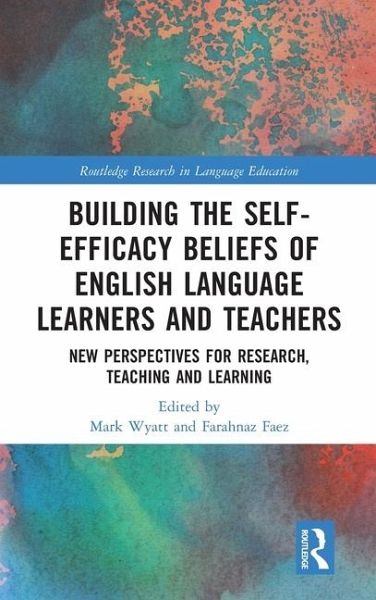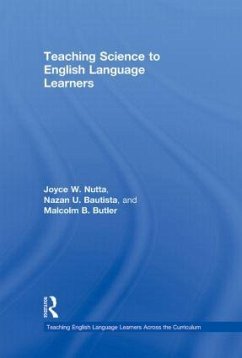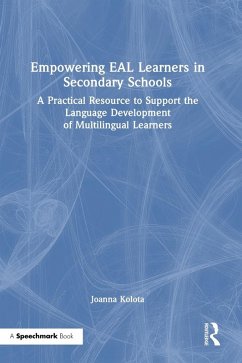
Building the Self-Efficacy Beliefs of English Language Learners and Teachers
New Perspectives for Research, Teaching and Learning
Herausgeber: Wyatt, Mark; Faez, Farahnaz
Versandkostenfrei!
Versandfertig in 1-2 Wochen
171,99 €
inkl. MwSt.
Weitere Ausgaben:

PAYBACK Punkte
86 °P sammeln!
Building the Self-Efficacy Beliefs of English Language Learners and Teachers explores, juxtaposes and bridges two fields of research that have developed separately: the self-efficacy beliefs of English language learners and the self-efficacy beliefs of English language teachers.














